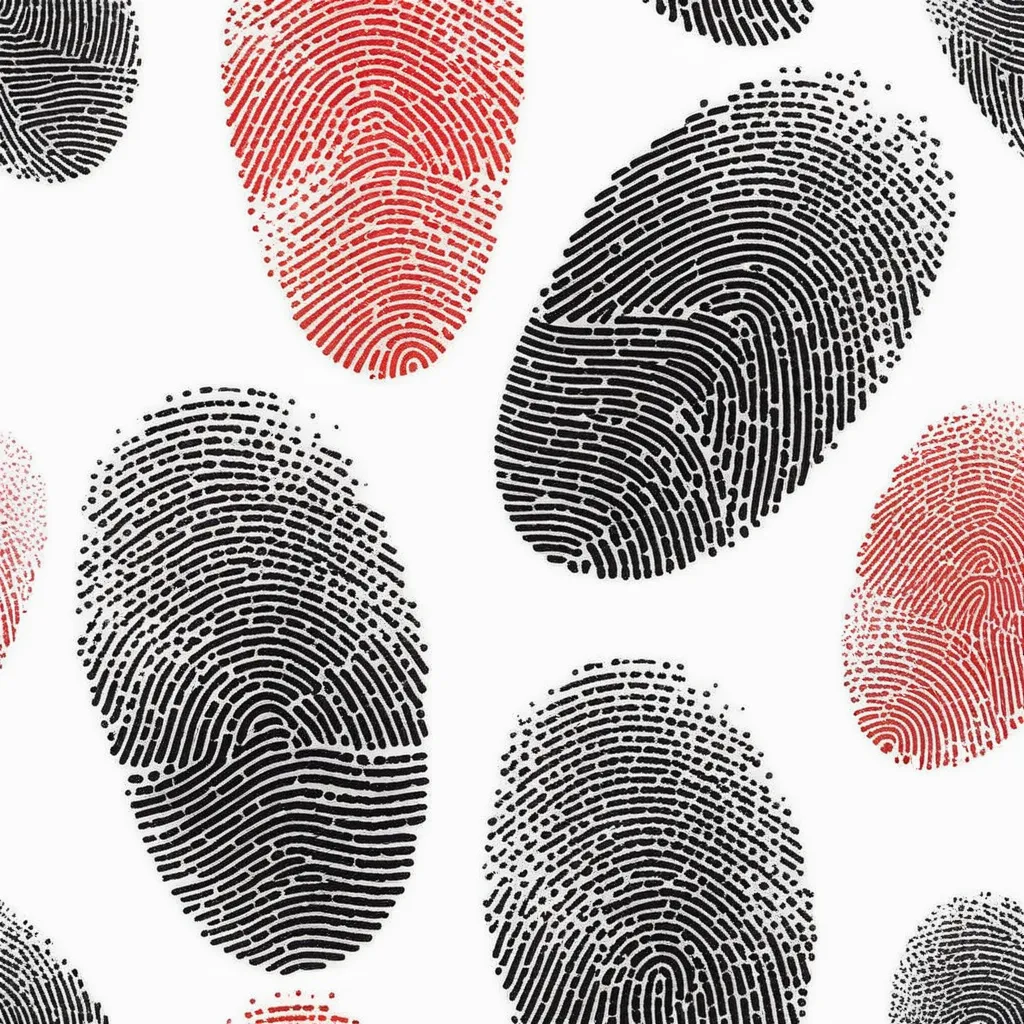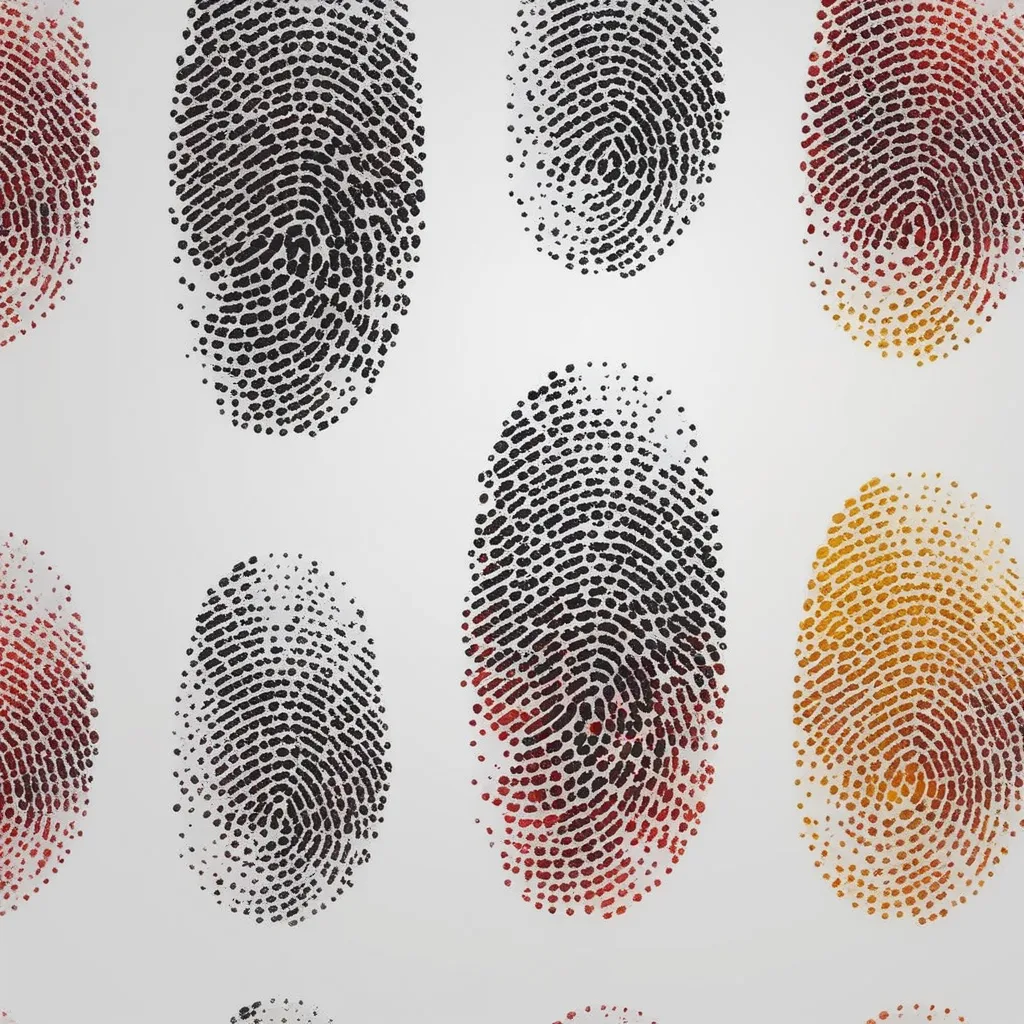AI Research Suggests Human Fingerprints May Not Be Truly Unique
In what could potentially be a blow to a long-held cornerstone of forensic science, the work, published as a study in the journal Science Advances, involved using a type of AI model commonly used for facial recognition, which the researchers configured to look for patterns and identifiers in fingerprints that humans may be overlooking.

And that, according to the researchers, is exactly what the AI did, identifying whether prints from different types of fingers came from the same person with 75 to 90 percent accuracy.
"It is clear that it isn't using traditional markers that forensics have been using for decades," study co-author Hod Lipson, a roboticist at Columbia University, told the broadcaster.
Beyond the Minutiae
The researchers trained their AI model on a database of 60,000 fingerprints. Lead author Gabe Guo, a senior undergrad at Columbia University that the AI was able to look beyond finger features known as "minutiae" that detectives have relied on for centuries.
"They are great for fingerprint matching, but not reliable for finding correlations among fingerprints from the same person," Guo told the network.
Instead, the AI homed in on the angles and curvatures of the swirls at the center. In theory, these insights could be used to link fingerprints of different types found across multiple crime scenes to the same person.
Yesterday's News
The researchers' claims have received significant pushback from forensic scientists, an area that Guo and his team had no background in before undertaking the research.
One such critic is Simon Cole, a professor of criminology, law and society at the University of California who argues that these findings — which he admits are interesting — aren't necessarily anything new and are a far cry from disproving current forensic techniques.
"We were not 'wrong' about fingerprints. "The unproven but intuitively true claim that no two fingerprints are 'exactly alike' is not rebutted by finding that fingerprints are similar," he added. "Fingerprints from different people, as well as from the same person have always been known to be similar."
Still, Guo maintains that their findings are "incontrovertible." He remains adamant that beyond his work here, AI will revolutionize other areas of analysis.

"We're going to see people using AI to discover things that were literally hiding in plain sight, right in front of our eyes, like our fingers."
Conclusion:
While the AI-driven research challenges the traditional reliance on minutiae in fingerprint analysis, the claims face skepticism from established forensic scientists. The debate surrounding the uniqueness of fingerprints continues, with proponents asserting AI's potential to reveal hidden correlations. Regardless of the controversy, Gabe Guo remains steadfast in his belief that AI will bring about revolutionary changes in various analytical domains.

No comments:
Post a Comment